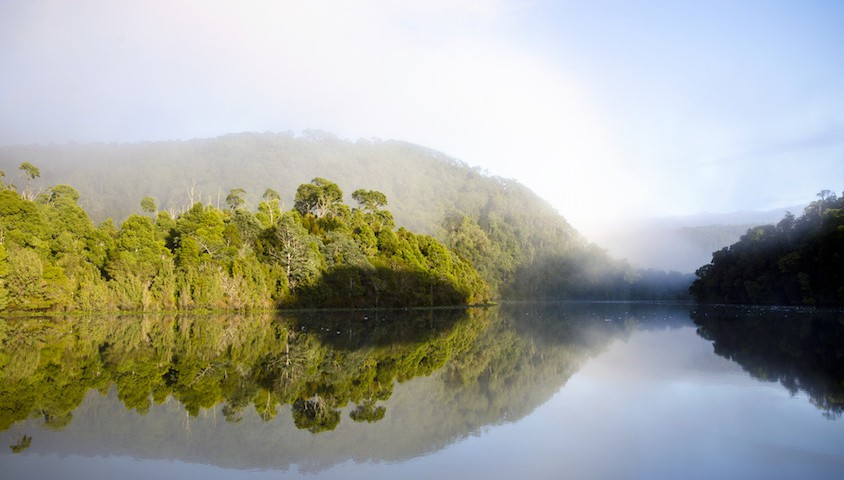At the beginning of the week, Tasmanian’s resources minister, Guy Barnett surprised and dismayed environmentalists by suggesting contested areas of native forest should be opened up to logging so that Forestry Tasmania might meet its wood supply obligations.
When it came to government in 2014, the current Hodgman government repealed the Tasmanian Forest Agreement and set a moratorium on logging over 400,000ha of forests for six years.
That moratorium may now be lifted ahead of time, thereby fanning the flames between forestry and environmentalists that has been ongoing in the state for decades and putting many of Tasmania’s forests, including the Tarkine, at risk.
“The Tasmanian government just put $7 million into the logging industry last year – it’s public money that’s being used to support the destruction of our forests,” former Greens leader and environmentalist, Bob Brown said today.
Earlier today, The Mercury reported that it would be willing to discuss the matter with all stakeholders, including Brown, about the future of logging in Tasmania.
Brown, who has spent the majority of his lifetime campaigning for the environment, said that he was glad the minister was willing to discuss the matter, but that he would be firm in his opinions.
“I won’t be pulling any punches. This is the wrong way for Tasmania to be going,” he told Wild. “Rather than subsidising the logging industry, Tasmania would be better off investing that money into tourism.”
The failure to recognise this lies with the state premier, Will Hodgman, Brown said.
“It’s a simple failure to imagine the state’s potential even when faced with the blindingly obvious,” he said. “There’s one million visitors coming to Tasmania each year who come for the wilderness and wildlife, now their talking about destroying more of it.
“The premier has demonstrated he does not have the imagination that Tasmania deserves in 2016.”
Tasmania’s forests are currently home to numerous threatened and endangered animals, such as the swift parrot and the world’s largest freshwater crayfish. Further logging activity will push these species closer to the brink of extinction.


